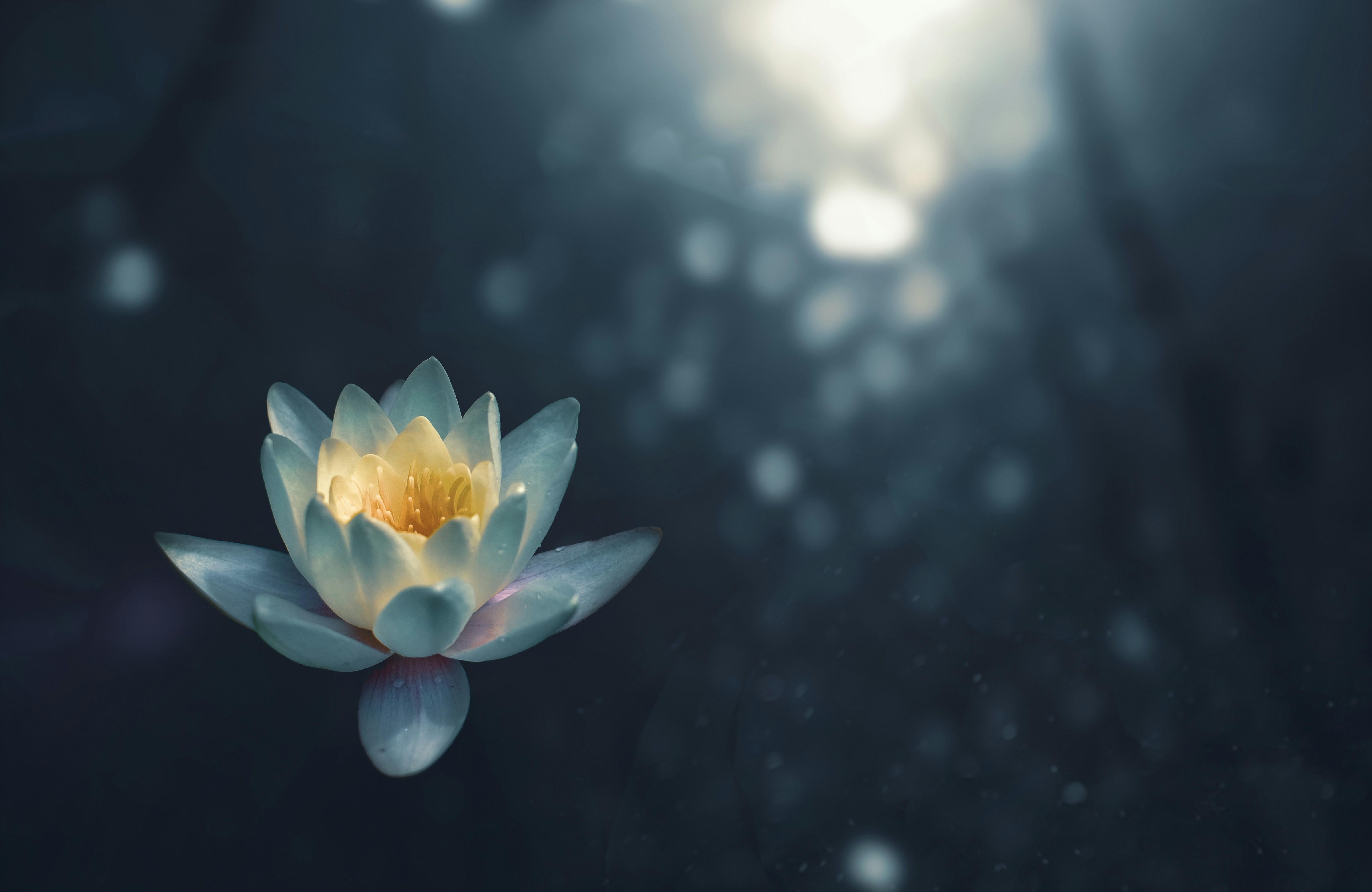In a world that often feels like it’s spinning faster than we can keep up, finding a moment of stillness can be a profound act of self-care. The hustle and bustle of modern life, with its constant barrage of notifications and demands, can leave us feeling untethered and adrift. Yet, amidst this chaos, meditation offers a sanctuary—a gentle reminder that tranquility and balance are within reach. This article explores a variety of meditation practices designed to help you feel grounded, providing a roadmap to reconnect with the present moment and anchor yourself amidst life’s whirlwind. Whether you’re a seasoned meditator or a curious beginner, these practices offer pathways to a more centered and serene existence, inviting you to pause, breathe, and rediscover the peace that resides within.
Finding Your Center: Embracing Mindfulness in Daily Life
In the whirlwind of daily life, cultivating a sense of groundedness can be transformative. Embracing mindfulness through meditation offers a pathway to reconnect with our inner selves and the present moment. Here are some practices to help anchor your awareness:
- Body Scan Meditation: Lie down comfortably and slowly bring your attention to each part of your body, starting from your toes and working your way up to your head. Notice any sensations, tensions, or areas of relaxation. This practice fosters a deeper connection with your physical self.
- Breath Awareness: Sit comfortably and focus on your breathing. Notice the rhythm, the depth, and the sensation of each inhale and exhale. Whenever your mind wanders, gently bring it back to the breath. This simple yet profound practice cultivates a steady anchor amidst chaos.
- Walking Meditation: Find a quiet place to walk slowly and deliberately. Pay attention to each step, the shifting of weight, and the feel of the ground beneath your feet. This practice encourages mindfulness in motion, integrating awareness into everyday activities.
By incorporating these practices into your routine, you can nurture a profound sense of presence and peace, helping you navigate life with a centered and grounded approach.

Breathwork Techniques to Anchor Your Mind and Body
Incorporating intentional breathing into your daily routine can be a transformative practice, providing a bridge between your mind and body. Here are some effective techniques to consider:
- 4-7-8 Breathing: Inhale deeply through your nose for a count of four, hold the breath for seven counts, and exhale slowly through your mouth for eight counts. This method helps to calm the nervous system and promote relaxation.
- Box Breathing: Imagine a square in your mind. Inhale through your nose for four counts, hold for four, exhale through your mouth for four, and pause for another four counts before repeating. This technique is excellent for reducing stress and enhancing concentration.
- Alternate Nostril Breathing: Using your thumb to close one nostril, inhale through the other. Close the other nostril with your ring finger and exhale through the opposite side. This practice balances the left and right hemispheres of the brain, creating a sense of harmony.
Engaging in these breathing exercises not only helps in grounding your thoughts but also strengthens your connection with the present moment, paving the way for a more centered existence.

Creating a Sacred Space: Designing Your Meditation Environment
When curating a meditation environment, it’s essential to cultivate a space that resonates with tranquility and focus. Begin with choosing a location in your home that feels naturally calm and secluded. This could be a quiet corner in your living room or a serene spot in your garden. Incorporate elements that stimulate your senses and foster relaxation, such as:
- Lighting: Opt for soft, ambient lighting. Consider candles or a Himalayan salt lamp to create a warm glow.
- Aromas: Use incense or essential oils like lavender or sandalwood to evoke a soothing atmosphere.
- Textures: Add cushions or a soft mat for comfortable seating. The tactile sensation of natural fabrics can enhance your meditative experience.
- Sounds: Integrate calming sounds, whether it’s a playlist of gentle music or a small indoor fountain that mimics the sound of flowing water.
Personalize your space with items that hold meaning for you, such as a cherished photo, a favorite plant, or spiritual symbols. These elements not only make the space uniquely yours but also serve as anchors to your practice, helping you stay grounded and focused during meditation. Remember, the goal is to create an environment that reflects peace and invites you to delve deeper into your mindfulness journey.

Guided Imagery and Visualization for Emotional Stability
Through the gentle art of mental imagery, you can harness the power of your imagination to foster a sense of calm and balance. This practice involves creating vivid mental pictures that promote relaxation and emotional well-being. Guided imagery sessions can take you to serene landscapes or peaceful settings, inviting your mind to wander freely and release stress.
- Nature Imagery: Envision yourself in a tranquil forest or by a serene lake. Let the sights, sounds, and smells envelop you, grounding your emotions.
- Color Visualization: Focus on soothing colors that evoke feelings of peace and stability. Imagine these colors surrounding you, bringing warmth and comfort.
- Symbolic Imagery: Picture a symbol of strength or calmness, such as a mountain or a still pond. Allow this image to serve as a mental anchor, stabilizing your emotions.
By regularly engaging in these visualization techniques, you can cultivate a more centered and emotionally stable state of mind, ready to face the challenges of daily life with a renewed sense of inner peace.
Wrapping Up
As we draw the curtain on this exploration of meditation practices, imagine the gentle embrace of a tranquil breeze, whispering the promise of grounding and balance into your daily life. Whether you choose to anchor yourself with the rhythmic flow of your breath, the serene repetition of a mantra, or the simple act of mindful observation, each practice serves as a stepping stone toward a more centered existence. These moments of stillness offer more than just respite; they are gateways to an inner sanctuary where the chaos of the world melts away. As you journey forward, carry these practices with you, like a compass guiding you back to your true self, and let the art of meditation be your steadfast ally in the dance of life.
